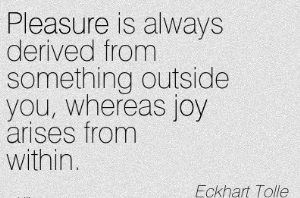Getting outside of our comfort zone and getting scared requires courage. In that context I very much like Nelson Mandela’s quote: “I learned that courage was not the absence of fear, but the triumph over it. The brave man is not he who does not feel afraid, but he who conquers that fear.”
 This idea is far reaching, because it puts courage in a new light. Courage is not irresponsibility. Real courage requires to understand the risks and taking them by overcoming our fear.
This idea is far reaching, because it puts courage in a new light. Courage is not irresponsibility. Real courage requires to understand the risks and taking them by overcoming our fear.
Not so many people are really courageous in this mindful sense. Most people are at best unconscious of risk.
When we are mindfully courageous we do push our boundaries while being mindful of what we are doing, why people around us might be reacting like they do and how we need to respond when unexpected things happen.
Learn to be mindfully courageous!










 “Pleasure and happiness feel like they are substitutes for each other, different ways of getting the same thing. But they’re not.” Actually they are quite the opposite of one-another.
“Pleasure and happiness feel like they are substitutes for each other, different ways of getting the same thing. But they’re not.” Actually they are quite the opposite of one-another. This is a fundamental recipe of change management: get people to find their own way within a general direction. It is clearly the only way to get people to get passionate. This means that they will go through a learning experience, and thus commit mistakes and explore dead-ends. This will be more messy and might take slightly more time. We need to be patient and benevolent during the process. Still that is absolutely the best solution for a sustainable and true change.
This is a fundamental recipe of change management: get people to find their own way within a general direction. It is clearly the only way to get people to get passionate. This means that they will go through a learning experience, and thus commit mistakes and explore dead-ends. This will be more messy and might take slightly more time. We need to be patient and benevolent during the process. Still that is absolutely the best solution for a sustainable and true change.